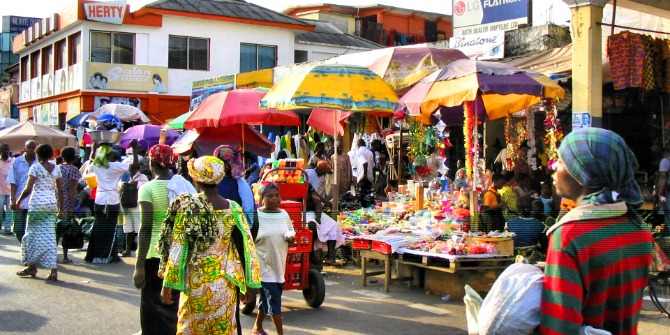
Accra, Dec 13, GNA – Ghana and the International Monetary Fund (IMF) have reached a Staff-Level Agreement on a three-year US$3 billion Extended Credit Facility (ECF) to support the country’s economic policies and reforms.
The agreement was reached after a visit by the IMF team led by Mr Stéphane Roudet, Mission Chief for Ghana, from December 1 to 13, 2022, to discuss with the Ghanaian authorities IMF support for their policy and reform plans.
The loan support programme is aimed at restoring Ghana’s macroeconomic stability and debt sustainability, protect the vulnerable, preserve financial stability, and lay the foundation for strong and inclusive recovery and growth.
However, the staff-level agreement is subject to IMF Management and Executive Board approval and receipt of the necessary financing assurances by Ghana’s partners and creditors.
In a statement issued by the IMF at the end of the meeting, Mr Roudet, said the programme would aim at ensuring sustainability of public finances while protecting the vulnerable.
It would also include measures to increase domestic resource mobilisation, streamline expenditure and reforms to address structural economic weaknesses and enhance resilience to shocks.
As such, there would be the development of a medium-term plan to generate additional revenue and advance reforms to strengthen tax compliance and help create the space for growth-enhancing measures and social spending.
“Efforts will also be made to strengthen public expenditure commitment controls, improve fiscal transparency (including the reporting and monitoring of arrears), improve the management of public enterprises, and tackle structural challenges in the energy and cocoa sectors.” Mr Roudet, said.
He, however, noted that: “Sufficient assurances and progress on this front will be needed before the proposed Fund-supported programme can be presented to the IMF Executive Board for approval.”
Already, the Government of Ghana has launched a GHS137.3 billion debt exchange programme and called on domestic bond holders to take part, to support its move for economic restoration, stability and growth by voluntarily taking part in Ghana’s domestic debt exchange programme.